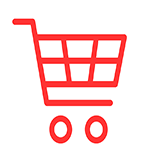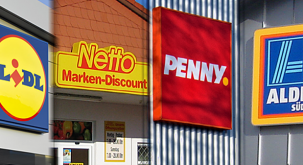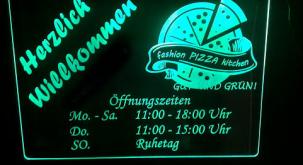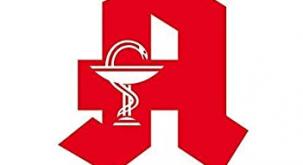
Shopping
Don't expect to run errands on Sundays....or after 8 pm any other day.

- Bring your own bag (plastic and paper bags cost extra)
- Keep a 1€ coin to unlock shopping carts and lockers (you'll get it back when you're done)
- Grocery stores give a deposit for glass and plastic bottles, so collect your empties for cash!

Germany has a variety of national grocery stores chains.
Higher-end (more expensive, but better selection and more international foods): Rewe, Edeka, Kaufland, Alnatura (similar to Whole Foods)
Discounters: Aldi (split between Alid Nord and Aldi Süd), Lidl, Penny, Netto
You can also buy food at a Biomarkt (organic grocery store), or at international markets (Turkish, Asian, and sometimes African).

German shops and restaurants are not usually open very late. Normal hours tend to be from 7 a.m. to around 8 or 9 p.m. Almost nothing (with the exception of some bakeries and restaurants) is open on Sunday, so make plans to finish your shopping before then!
If you end up needing food or necessities on a Sunday, stores in larger train stations will usually be open.
When eating out, remember that restaurants often close for a mid-afternoon break between lunch and dinner. Brunch is starting to become popular, but only on weekends--no late lunches otherwise!

Drugstores (Drogerie) and pharmacies (Apotheken) are two separate stores in Germany. At a drug store (similar to CVS), you can buy snacks, cleaning supplies, toiletries, and home goods. Some also offer photo and printing services. You can buy medicine at the pharmacy, but you will need a doctor's prescription, even for small things like ibuprofen or cough syrup.

